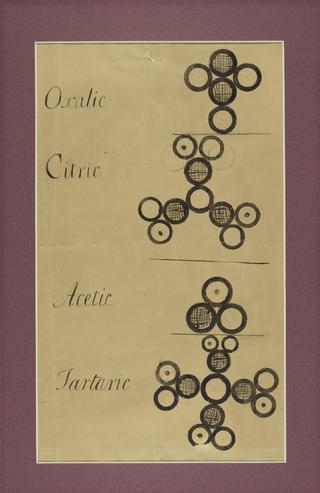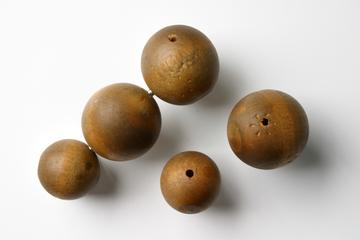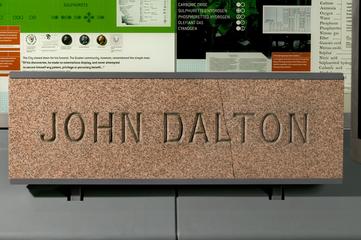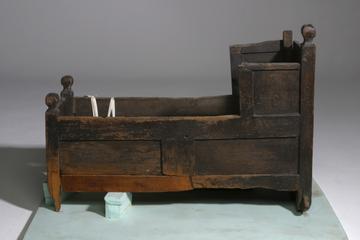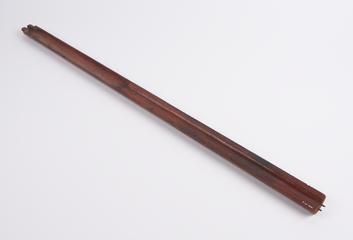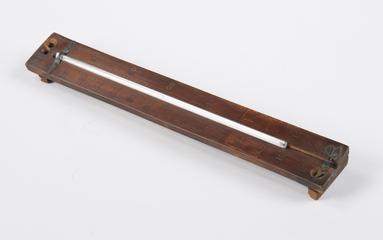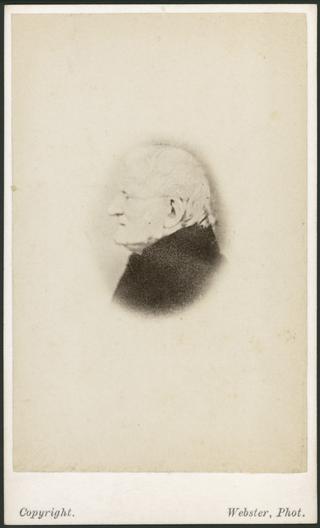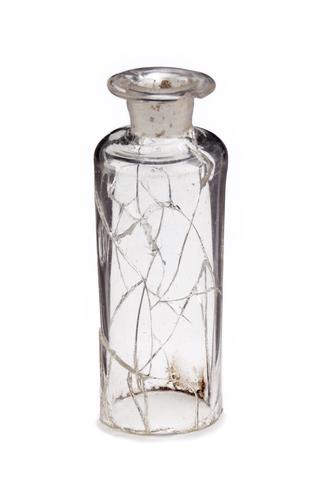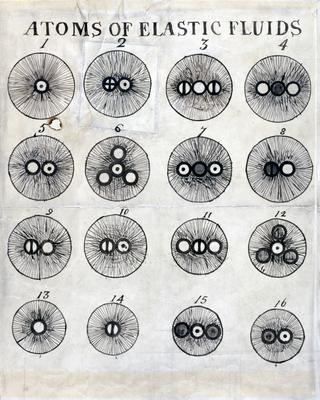
John Dalton 1766 - 1844
- occupation:
- Chemist, Natural philosopher
- Nationality:
- English; British
- born in:
- Eaglesfield, Cumbria, England, United Kingdom
John Dalton was widely honoured in his lifetime. He was elected one of the eight foreign associates of the French Academie des Sciences, a Fellow of the Royal Society and their first Royal Medallist. Oxford and Cambridge Universities gave him honorary degrees. The City of Manchester commissioned his statue, which is in the Town Hall. At his death, 40,000 people filed past his coffin and there were 100 carriages in his funeral procession. Dalton is now regarded as a poor experimenter. However, but he had a powerful and vivid pictorial imagination that often gave him profound insights into the nature of atomic phenomena.
Dalton was a Quaker weaver’s son, born in Eaglesfield, Cumberland (now Cumbria). His schoolmaster was Elihu Robinson, who had observed the weather for many years and was a scientific instrument maker. Dalton became Principal at a Quaker school in Kendal, teaching there until 1793. He moved to Manchester to become tutor in natural philosophy and science at the Manchester Academy, a Presbyterian college. However, his teaching duties left him with too little time to pursue his own scientific interests and he became a private tutor, one of his pupils being James Prescott Joule. Dalton joined the Literary & Philosophical Society which was at the centre of the scientific and business community in Manchester. The Society gave him a room for teaching and research at its premises on George Street. He read over 100 papers to the Society and became its Secretary, Vice-President and, ultimately, President.
Dalton had an interest in the atmosphere and thus in mixtures of gases in general. He formulated the Law of Partial Pressures in 1801, according to which the pressure of a mixed gas is the sum of the pressures that each of its components would exert if occupying the same space. He also independently developed the law of the thermal expansion of gases. Henry Roscoe, a later Manchester chemist, suggested that Dalton was trying to explain why the constituents of a gaseous mixture remain homogeneously mixed instead of separating into layers according to their density.
1778 - set up a school for children of all ages from "toddlers to unruly youths."
1785 - ran a school at Kendal.
1793 - was offered a post as professor of mathematics and natural philosophy at Manchester Academy.
1794 - achieved the extraordinary feat of detecting in himself and showing how to detect the fact that some people observed colours with more limited discrimination than others (colour blindness or Daltonism).
1803 - created the first rudimentary table of atomic weights.
1810 - declined election to the Royal Society.
1816 - elected as a member of the French, Académie des Sciences.
1822 - accepted election to fellowship of the Royal Society.
1826 - became the first recipient of the Royal Society's royal medal.
1831 - was present at the first meeting of the British Association for the Advancement of Science, held in York.
